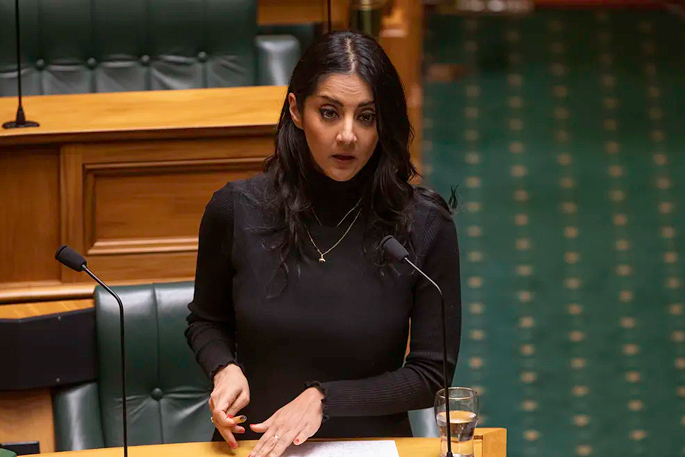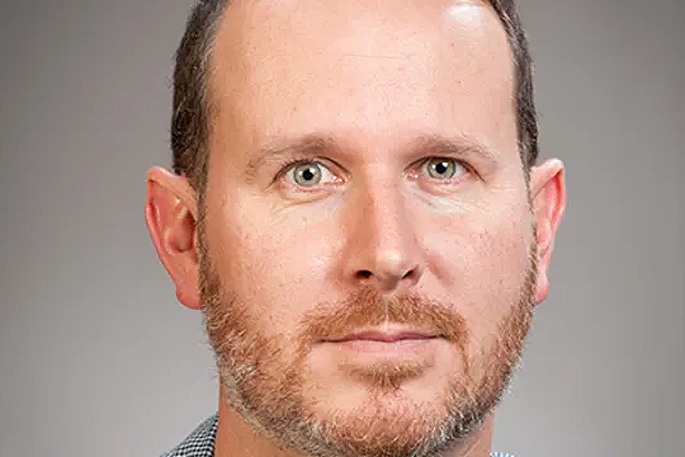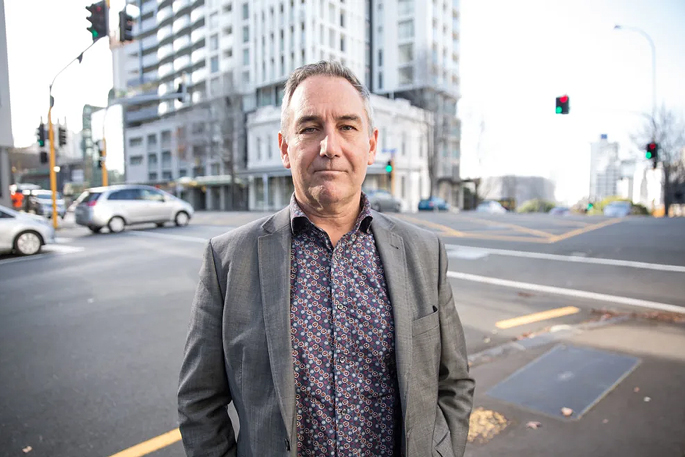Mental health experts are calling for a bipartisan effort at Parliament to further increase protections for MPs and workers, after Green MP Golriz Ghahraman's resignation.
Ghahraman quit Parliament on Tuesday after multiple accusations of shoplifting, saying stress relating to her work had led her to act in ways that were completely out of character.
"I am not trying to excuse my actions, but I do want to explain them ... the mental health professional I see says my recent behaviour is consistent with recent events giving rise to extreme stress response, and relating to previously unrecognised trauma," she says.
Mental Health Foundation chief executive Shaun Robinson says he respects the way Ghahraman has handled the situation.
"I do think it is true that acting out of your normal sort of character can be one real sign of struggling with mental health issues and of stress. But I also am really clear that, those of us who experience mental distress, we should be held accountable.
 Former Green MP Golriz Ghahraman. Photo: RNZ / Angus Dreaver.
Former Green MP Golriz Ghahraman. Photo: RNZ / Angus Dreaver."I live with bipolar disorder and so, you know, I would hate for people to hold me to a lower standard of behaviour because I live with a long term mental health condition."
He says while people should be held accountable for their actions, there should also be compassion for Ghahraman's mental distress.
Clinical psychologist Dougal Sutherland is chief executive of Umbrella Wellbeing - a group which provides mental health support and services to businesses and other organisations - and says things like shoplifting can be a form of stress relief for some people.
"I think having a psychological understanding of why somebody has done something is really helpful for helping them not do it again. Probably many of us would understand if somebody went home and said 'Gosh, I've had a stressful day, I really want to do something just to relieve that stress, I'm going to have a glass of wine, I'm going to have two glasses of wine, gosh I've had a couple of bottles now'.
"We probably wouldn't think too much of that, but the idea there is that it's relieving the stress. It's not a healthy way of relieving stress, but it's a way of relieving stress and it's possible that a behaviour like shoplifting could have the same effect. It gives you a bit of a dopamine hit, you feel good, you feel like you've done something, and it's a relief from that stress.
"Is it a behaviour that we'd want to encourage or endorse? Not really. Can we understand it from a psychological perspective and therefore help that person? Yes, we can."
Ghahraman has been one of the politicians to face higher levels of abuse than most in recent years, a concern Green co-leader James Shaw points out after she resigned on Tuesday.
He says she has been subject to "pretty much continuous" threats of physical and sexual violence and death during her time in Parliament, which inevitably would have consequences.
 Clinical psychologist Dr Dougal Sutherland. Photo: Supplied / Victoria University.
Clinical psychologist Dr Dougal Sutherland. Photo: Supplied / Victoria University.Sutherland says more needs to be done to protect politicians in that kind of position.
"Whilst it's a much bigger job and a much more complicated job, I think really it's about how do we change what our politicians are exposed to, rather than saying 'well, you just have to get a tougher skin and do some training'."
"I don't know what the exact answers are but I really think it needs strong leadership from all parties of all political persuasions to say 'we're simply not going to put up with this anymore, it is not acceptable that our people are harmed when they come to work'."
Robinson warns there's still a lot of stigma in New Zealand about mental health - and particularly in leadership roles because people call their judgement into question.
"Parliament is a real pressure cooker. You know, people working under constant public scrutiny ... it goes with the territory," he says.
"I think we need to acknowledge that all of us, including our political leaders, are human beings ... expect that there will be times when our leaders are not at their best in terms of their mental health, just as there might be times when they might catch Covid, or they might have a struggle with their physical health."
He says all workplaces in New Zealand have a responsibility under health and safety laws to look after the mental and emotional health and safety of workers, which meant doing three things: Limiting the things which could damage people's mental health, creating a culture that normalises mental health-boosting activities, and providing support for people who were struggling.
Doing this will bring its own benefits, too.
"If we do those three things in Parliament, I think we will have better quality of leadership in the country because we want our our MPs ... to have strong, positive mental health to be making the best kinds of decisions, to be working in the most cooperative and collaborative way for the best outcomes for Aotearoa New Zealand."
Sutherland says it's hard to say whether the Green Party could have done more to support Ghahraman because the details are still unclear, but he points to previous cases of Kiri Allan and Todd Muller also citing workplace stress.
"I think that perhaps points to the whole system not being sufficient at the moment, rather than one party or another party not being supportive enough."
He says that kind of approach will probably need to be across multiple parties, because one party doing that on its own will probably be regarded as a weakness to be attacked.
There's some good work going on already in Parliament on that, including through a cross-party group which includes the new Mental Health Minister Matt Doocey, he says.
Prevention is better than a cure, "but I think they've still got a long way to go", Sutherland says.
"I think in Parliament it's firstly a very public high profile place which is stressful in itself, and also the adversarial nature of the Parliamentary process where you're actively looking to attack and pull down another person is also a highly stressful environment.
"But if that's the environment that exists as a workplace, then actually Parliament should be doing something to reduce and mitigate that risk - and I think that would be really great leadership for New Zealand."
-Giles Dexter and Russell Palmer/RNZ.



1 comment
Sorry, I don't buy it.
Posted on 20-01-2024 12:47 | By morepork
Ever since encountering bad stuff as a teenager, I have made it a policy to try and understand "WHY people do what they do." I try to be empathetic and see it from their POV (with varying degrees of success), BUT, I have never believed that "mental illnesses" (and we have a plethora of them, of varying degrees of seriousness...) can be an EXCUSE for what is fundamentally, bad behaviour. If you are mentally stable enough to get up in the morning and hold down a job, then you are stable enough to KNOW right from wrong. For an MP, it is crazy to suggest that the stress of the job caused her to steal. She is not a child and knew what she was getting into when she put herself forward. I'm sorry for her, but SHE made her choices.
Leave a Comment
You must be logged in to make a comment.